Title: Armoured Cable vs PVC Cable: Making the Right Choice for Your Electrical Needs Introduction: When it comes to electrical wiring, choosing the right cable is critical for ensuring safety, reliability, and optimal performance. Armoured cable and PVC cable are two popular options commonly used in various applications. This article will compare armoured cable and PVC cable, highlighting their differences and helping you make an informed decision. Armoured Cable: Armoured cable, also known as steel wire armoured (SWA) cable, is constructed with durable layers that provide robust protection. It typically consists of a conductive core, insulation material, steel wire armour, and an outer sheath. The steel wire armour provides enhanced mechanical protection, making it suitable for demanding environments, underground installations, and areas prone to damage or exposure. Advantages of Armoured Cable: 1. Mechanical Strength: The steel wire armour adds strength and durability to the cable, protecting it from impacts, crushing forces, and accidental damage. 2. Enhanced Protection: Armoured cable provides excellent resistance against water, chemicals, and UV radiation, making it suitable for indoor and outdoor use. 3. Rodent and Vermin Protection: The armoured design prevents rodents and other creatures from damaging the cable, ensuring long-term reliability.
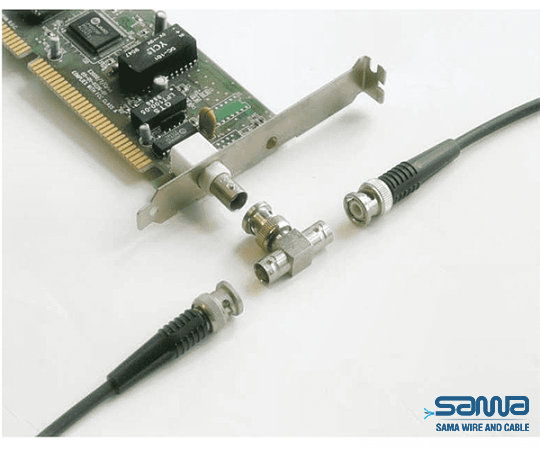
.
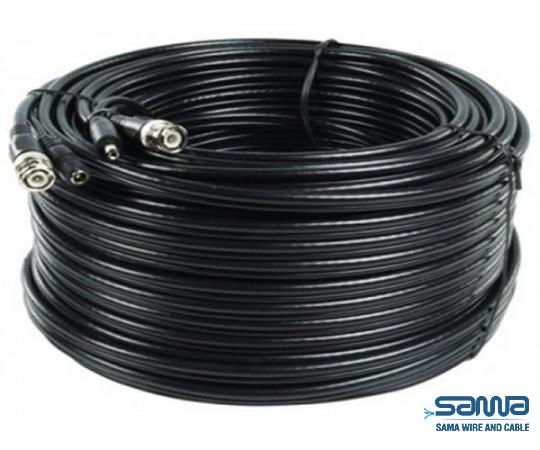 4. Increased Fire Resistance: Armoured cables are generally more resistant to fire, offering better protection in case of a fire hazard. Disadvantages of Armoured Cable: 1. Higher Installation Costs: The additional layers and armored structure can make armoured cables more expensive to install compared to PVC cables. 2. Rigid Construction: The armoured design makes the cable less flexible, which may restrict its use in certain applications that require greater maneuverability. PVC Cable: PVC cable, also known as polyvinyl chloride cable, is a versatile and widely used electrical cable. It features a core conductor encased in PVC insulation and an outer PVC sheath. PVC cables are popular for both domestic and commercial applications due to their cost-effectiveness and versatility. Advantages of PVC Cable: 1. Cost-effective: PVC cables are generally more affordable compared to armoured cables, making them a preferred choice for many applications.
4. Increased Fire Resistance: Armoured cables are generally more resistant to fire, offering better protection in case of a fire hazard. Disadvantages of Armoured Cable: 1. Higher Installation Costs: The additional layers and armored structure can make armoured cables more expensive to install compared to PVC cables. 2. Rigid Construction: The armoured design makes the cable less flexible, which may restrict its use in certain applications that require greater maneuverability. PVC Cable: PVC cable, also known as polyvinyl chloride cable, is a versatile and widely used electrical cable. It features a core conductor encased in PVC insulation and an outer PVC sheath. PVC cables are popular for both domestic and commercial applications due to their cost-effectiveness and versatility. Advantages of PVC Cable: 1. Cost-effective: PVC cables are generally more affordable compared to armoured cables, making them a preferred choice for many applications.
..
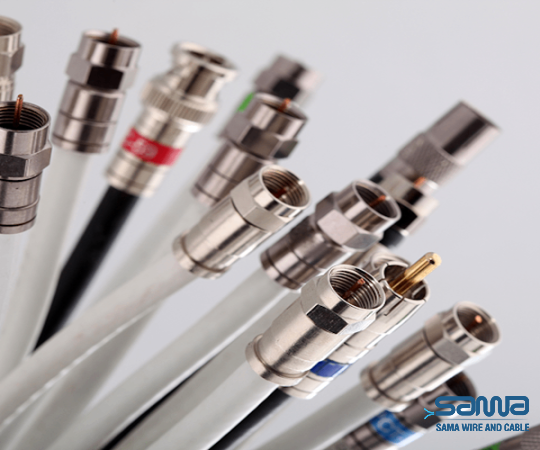 2. Easy Installation: PVC cables are lightweight and flexible, making them easy to handle and install in various settings. 3. Versatility: PVC cables are available in a wide range of sizes and configurations, making them suitable for different voltage levels and application requirements. 4. Good Electrical Insulation: PVC insulation provides excellent electrical insulation properties, ensuring reliable and safe operation. Disadvantages of PVC Cable: 1. Limited Mechanical Protection: PVC cables have limited protection against mechanical damage, making them less suitable for harsh or demanding environments. 2. Lower Fire Resistance: PVC cables are less fire-resistant compared to armoured cables, making them more vulnerable to fire hazards.
2. Easy Installation: PVC cables are lightweight and flexible, making them easy to handle and install in various settings. 3. Versatility: PVC cables are available in a wide range of sizes and configurations, making them suitable for different voltage levels and application requirements. 4. Good Electrical Insulation: PVC insulation provides excellent electrical insulation properties, ensuring reliable and safe operation. Disadvantages of PVC Cable: 1. Limited Mechanical Protection: PVC cables have limited protection against mechanical damage, making them less suitable for harsh or demanding environments. 2. Lower Fire Resistance: PVC cables are less fire-resistant compared to armoured cables, making them more vulnerable to fire hazards.
…
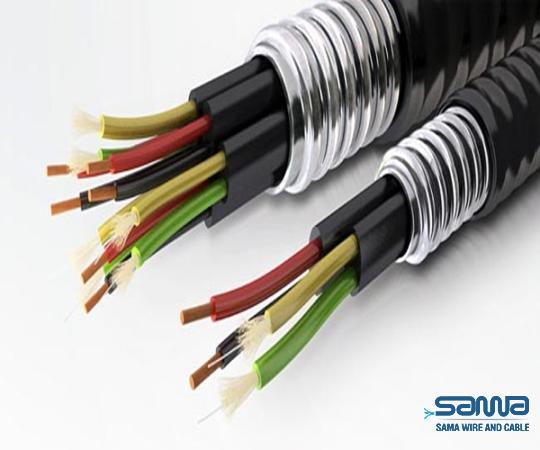 3. Susceptibility to UV Radiation: PVC cables are prone to degradation when exposed to direct sunlight, limiting their outdoor use unless adequately protected. Making the Right Choice: When selecting between armoured cable and PVC cable, consider the specific requirements and conditions of your installation. Armoured cables should be chosen for applications that demand robust mechanical protection and increased fire resistance, such as outdoor or industrial installations. PVC cables are suitable for low-risk environments where cost-effectiveness and versatility are prioritized. Conclusion: Choosing the right cable for your electrical wiring needs is crucial for ensuring safety, durability, and optimal performance. By understanding the advantages and disadvantages of armoured cable and PVC cable, you can make an informed decision based on your specific requirements and budget. Whether you opt for the extra protection of armoured cable or the versatility of PVC cable, consult with professionals to ensure compliance with electrical regulations and standards.
3. Susceptibility to UV Radiation: PVC cables are prone to degradation when exposed to direct sunlight, limiting their outdoor use unless adequately protected. Making the Right Choice: When selecting between armoured cable and PVC cable, consider the specific requirements and conditions of your installation. Armoured cables should be chosen for applications that demand robust mechanical protection and increased fire resistance, such as outdoor or industrial installations. PVC cables are suitable for low-risk environments where cost-effectiveness and versatility are prioritized. Conclusion: Choosing the right cable for your electrical wiring needs is crucial for ensuring safety, durability, and optimal performance. By understanding the advantages and disadvantages of armoured cable and PVC cable, you can make an informed decision based on your specific requirements and budget. Whether you opt for the extra protection of armoured cable or the versatility of PVC cable, consult with professionals to ensure compliance with electrical regulations and standards.
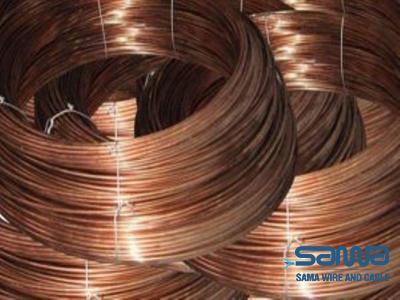
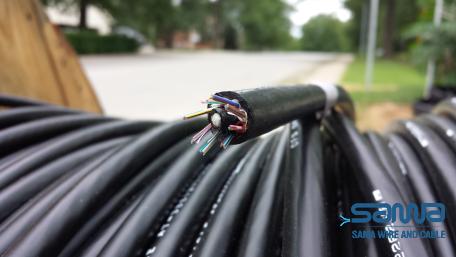
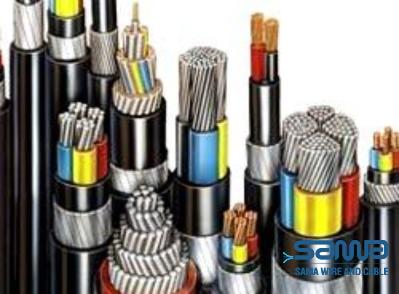
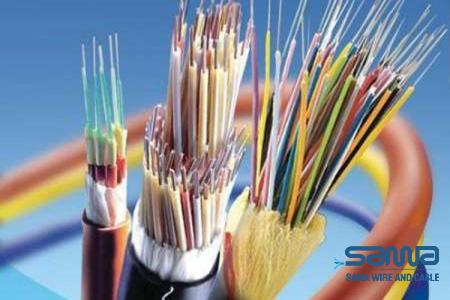
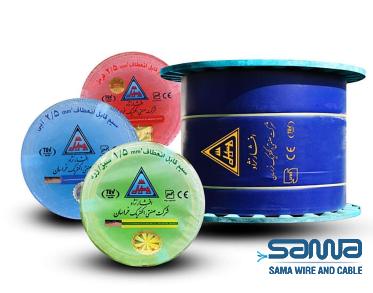
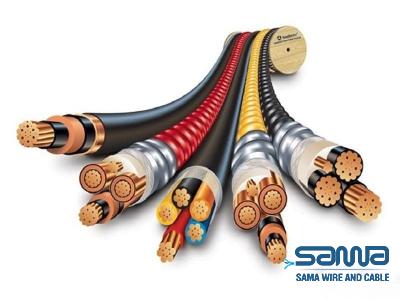
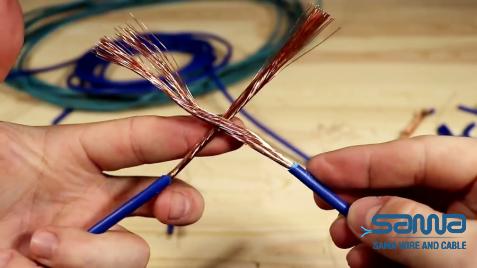
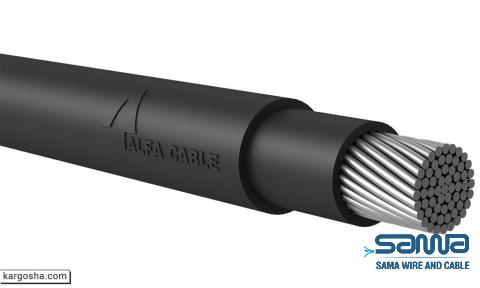
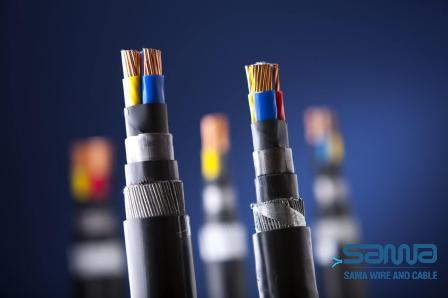
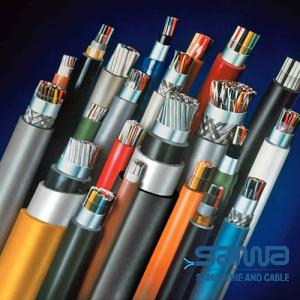
Your comment submitted.